
Why do reporters shout questions?
Why do reporters shout questions? In April 2002, I worked as a reporter for BBC Radio 1 Newsbeat in the UK. While on assignment at Manchester airport, I shouted a question at Manchester United's star goal scorer, David Beckham.
I shouted, "David, does it hurt?"
David Beckham gave me a look as if I was an idiot, but the TV news that evening broadcasted my question and the video of me shouting.
Why did I shout a question?
Reporters shout questions a lot, you'll hear this wherever you consume your news. Here in the UK, reporters outside No.10 Downing Street might shout:
"Are you going to resign, Prime Minister?"
The Prime Minister often ignores it and walks on, but they've posed an important question and created a dramatic TV news moment.
Reporters shout a lot of questions
You'll also see reporters throwing questions at people leaving a court building, or at a celeb' hurriedly leaving home and jumping into a waiting car. The images are dramatic and the people ignoring the questions look harassed and shifty. It makes exciting TV and radio.
More media training guides and podcasts
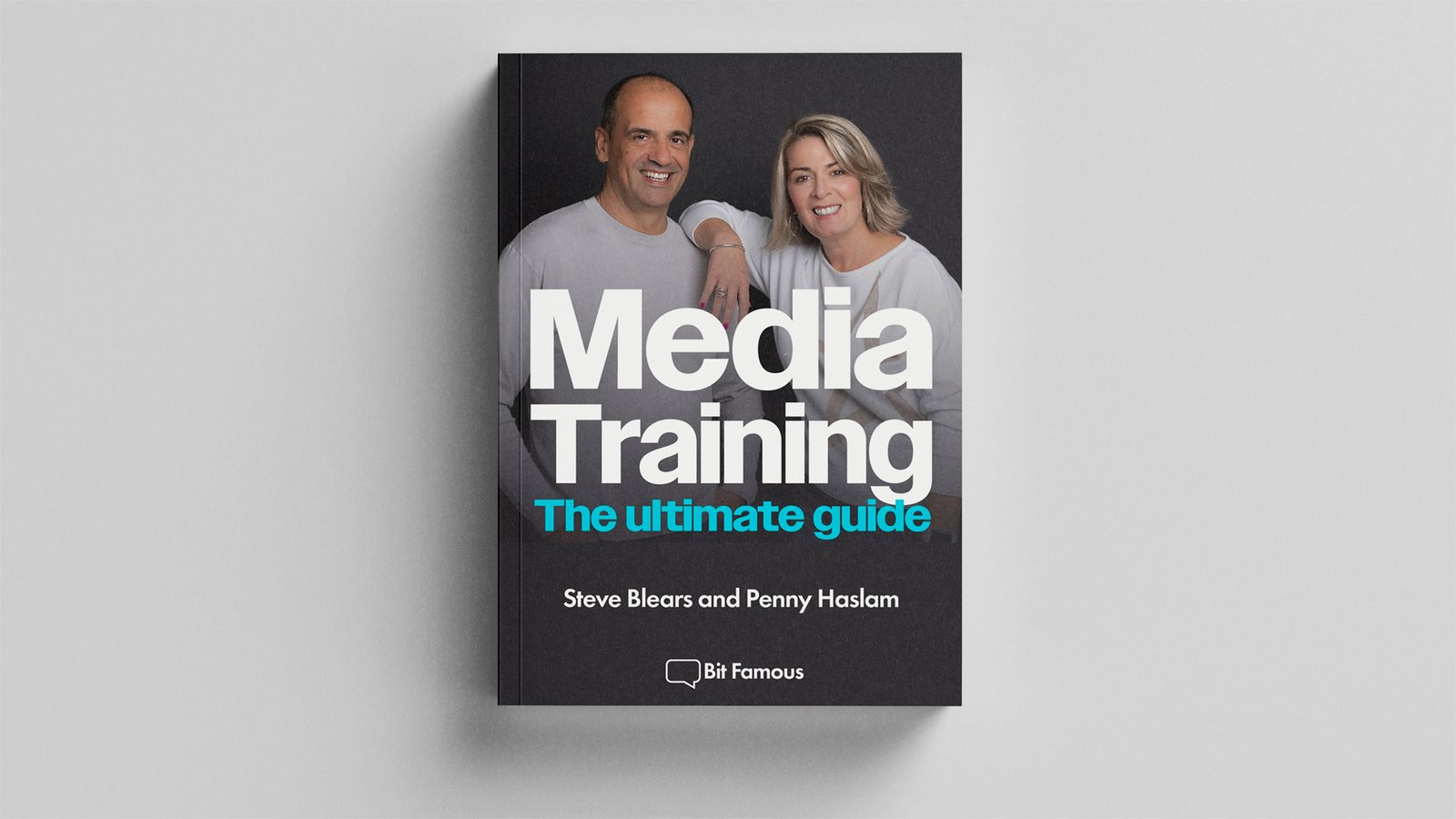
Media training book
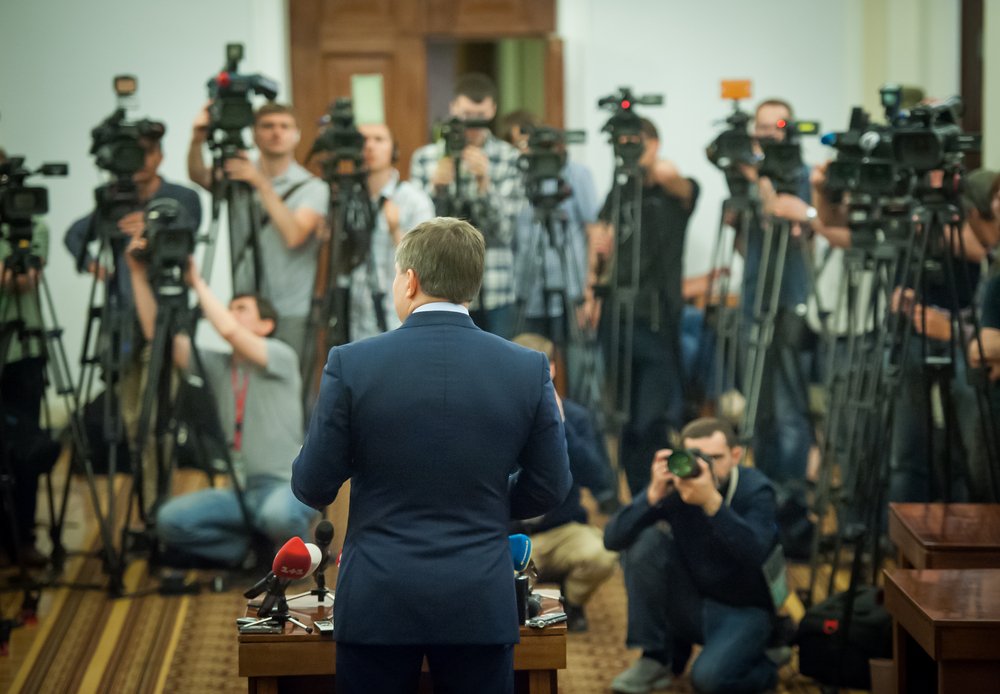
How to hold a press conference
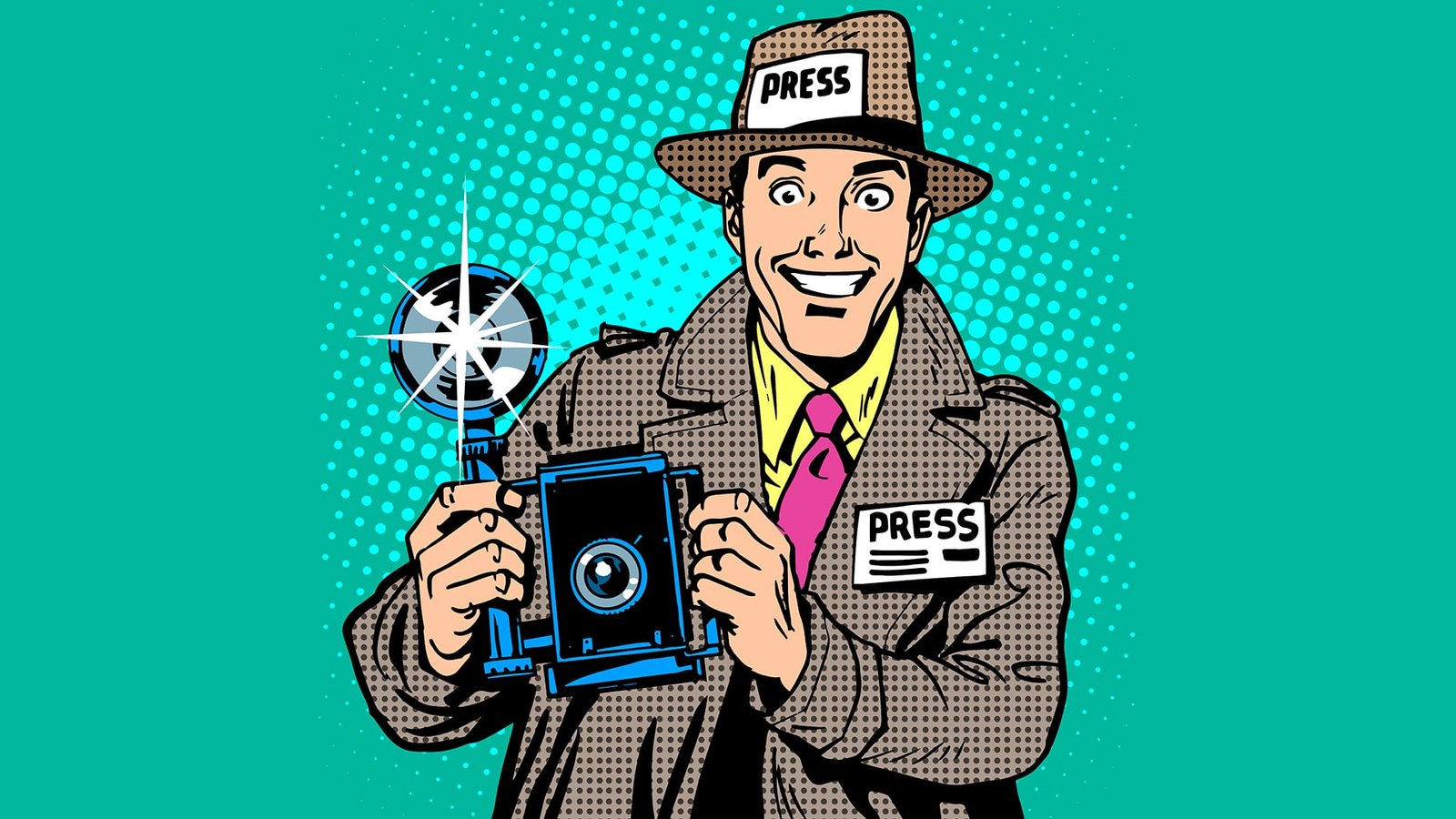
Time for a media training refresher?
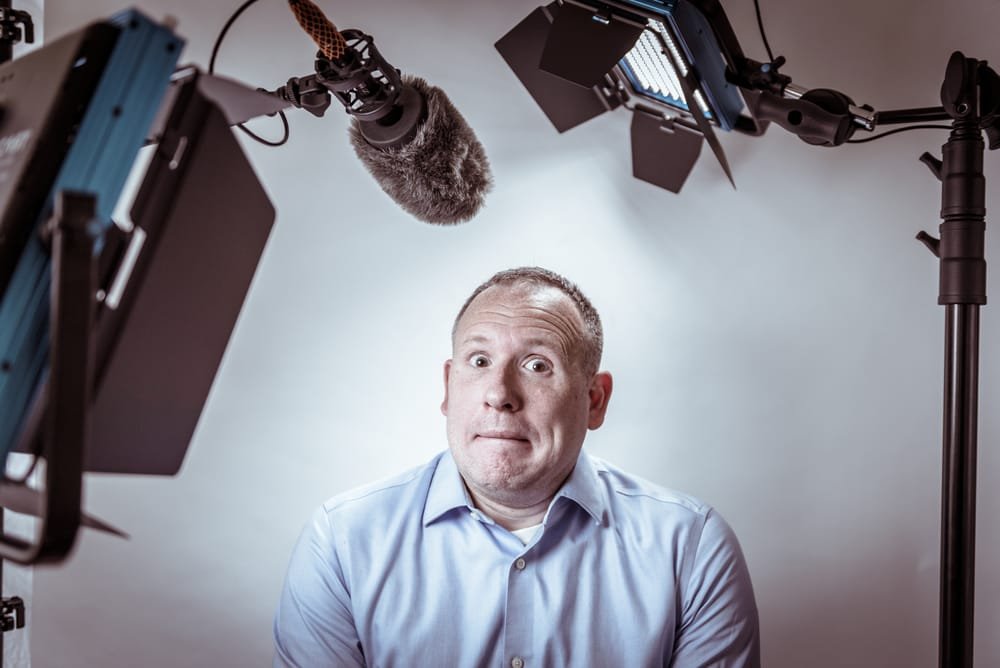
How to get your boss on board with media appearances

Is it okay to say “I don’t know” in a media interview?
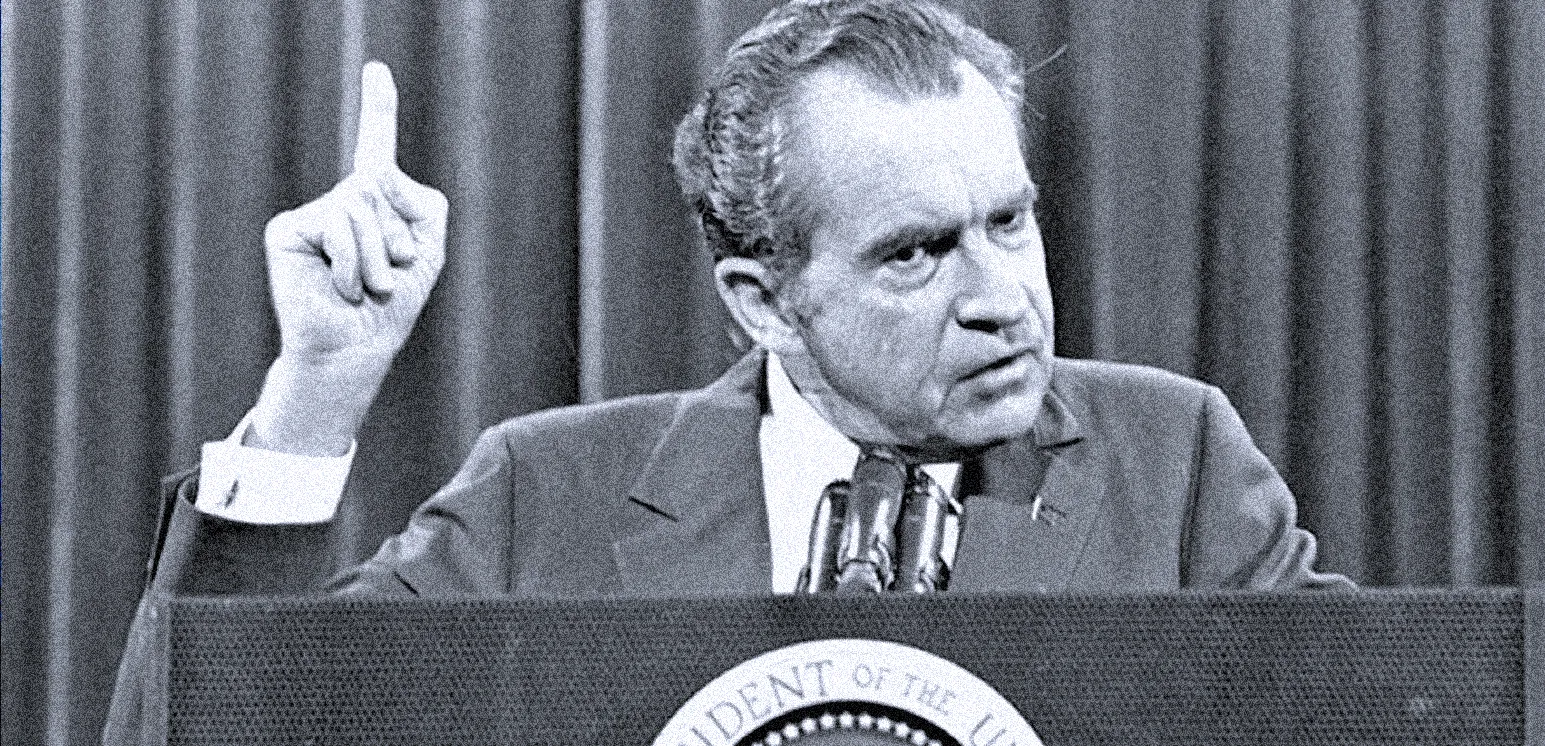
Why should you avoid repeating negative questions in media interviews?

How to look and sound relaxed in a media interview, performance tips

Mastering profile interviews in the media

Media appearances, the unwritten rules

Public apologies, how to say sorry in the media and mean it
What is the purpose of journalists shouting questions?
In journalism, this type of shouting is called "door-stepping". Here's how it's described in the BBC editorial guidelines:
"Door-stepping" is a term used to describe an attempt to obtain an interview, or piece to camera, from a contributor without prior arrangement or agreement, typically by confronting them in a public space, such as outside their home, workplace or courthouse.
It's worth pointing out that shouting isn't always necessary. In its most basic form, door-stepping can be a reporter turning up at somebody's home, ringing the bell and asking questions.
Shouting at David Beckham
Back in 2002 star footballer David Beckham broke a bone in his foot playing in a Champions League match against Deportivo La Coruna.
The injury ended the player's season and sparked fears that the England captain would not be fit for the World Cup.
This was huge news.
The next day, Beckham and his teammates flew back to Manchester and I was told to cover the story for Radio 1 Newsbeat. I would need to file a 1-minute 15-second report about the return. At arrivals, a media scrum had gathered to get shots of the returning team and hopefully grab a few words with players.
Alex Ferguson, their stern manager, filed through arrivals ignoring reporters' questions. The last player to appear was David Beckham, hobbling on crutches with a bandaged foot.
Reporters shouted questions at him:
"David, will you miss the World Cup?"
"What will this mean for United's season, David?"
Ignoring everyone, he shuffled towards the car park as camera operators walked backwards to get the shot. Conscious of my deadline, and without a single bit of useable interview, I followed by his side, and in desperation shouted:
"David, does it hurt?"
He paused, looked at me as if I was an idiot and muttered,
"Duh!"
Now, this couldn't possibly qualify as an interview but at least it was a reaction. A tiny piece of audio, to illustrate the story, a moment. David Beckham was given the chance to comment on his injury and chose not to. An update on a hot and continuing news story.
To be honest, when I arrived at the airport I never believed he would say anything, I went with the expectation that he wouldn't react to any questions. I'd gone there to shout, make a scene that could be recorded and used. Creating some drama is (although journalists will deny it) part of the newsgathering process.
My question and the brief answer went into my report. Thanks to the media scrum it also appeared on the TV news that evening (from various angles) along with the headline, "David Beckham refuses to answer questions about his injury.... David, does it hurt?.... Duh! "
Behind the scenes, I got the p**s taken out of me by colleagues for such a daft question. But at least I got a brief answer!
Is it fair for reporters to shout questions?
With the benefit of hindsight, I think it may have been a difficult moment for David Beckham, on crutches trying to get home, faced with a media scrum.
Journalists argue it's a legitimate newsgathering technique to door-step. It's also true that door-stepping him that day created a spectacle, a visual drama that we knew would make great TV and Radio.
I think this is one of the main reasons why reporters shout questions. Yes, people in the public eye who refuse to answer legitimate questions from reporters should face door-stepping. Politicians suspected of corruption, business leaders who've cheated shareholders and the like. But, injured people at airports? I was carried away by the moment and the pressure to deliver the news.
Here are the BBC guidelines for its journalists about door-stepping:
"When public figures and other people are in the news, they can expect to be the subject of media attention. We may ask questions and record their answers for broadcast, without prior arrangement, as they come and go from buildings, airports and so on. However, we should be aware that when media representatives congregate in large numbers to cover a news story, the resulting media scrum can become intimidating or unreasonably intrusive. Sometimes, it will be appropriate to make pooling arrangements with other media organisations. At other times, we may judge it proper to withdraw."
What should I do if I get door-stepped?
It's worth remembering that unless you are a politician, celebrity or legal defendant at the centre of a huge news event, it's extremely unlikely that you will be door-stepped. Why can I say this with certainty? It's because door-stepping only (usually) follows a refusal to engage with the media. Journalists aren't police officers, they can't force you to talk to them, but they will be persistent if you refuse to engage with what they see as legitimate questions. If you choose to engage with the media, you're unlikely to be doorstepped.
Ways to react to door-stepping or shouted questions
The very nature of these events creates drama, if handled badly the person being door-stepped can look shifty or even guilty. So:
- Never put your hand over a camera lens. This is TV gold and will make you look like a violent criminal.
- Never say "No comment". This looks and sounds shifty, as does swearing, losing your temper and pushing your way through a journalist scrum. Again this is newsgathering gold.
- Instead, relax and diffuse the drama. Pause, smile, listen to, and acknowledge questions. If you can answer them.
- Respond using the acknowledge, bridge and continue method: "Thank you, I understand that you have lots of questions, and I'd like to do my best to answer them when I can. However, at the moment, I'd like to say (the point you can make.)" See How do you handle a media question you don't want to answer?
Do I need to practice being door-stepped in media training?
Your business or organisation should have a plan to field media questions in a crisis situation. This should include making your most senior people available.
Rather than practising being door-stepped, a better approach is to answer media requests for in-person statements and on-camera interviews in a timely way.
Role-playing door-stepping can rarely prepare you adequately to represent your organisation professionally.

Media training book

How to hold a press conference

Time for a media training refresher?

How to get your boss on board with media appearances

Is it okay to say “I don’t know” in a media interview?

Why should you avoid repeating negative questions in media interviews?

How to look and sound relaxed in a media interview, performance tips

Mastering profile interviews in the media

Media appearances, the unwritten rules

Public apologies, how to say sorry in the media and mean it

Why off-the-record journalism is riskier than you think

What are key messages in the media?

Give your leader feedback after a media interview

Why avoid corporate speak and office jargon in media interviews?
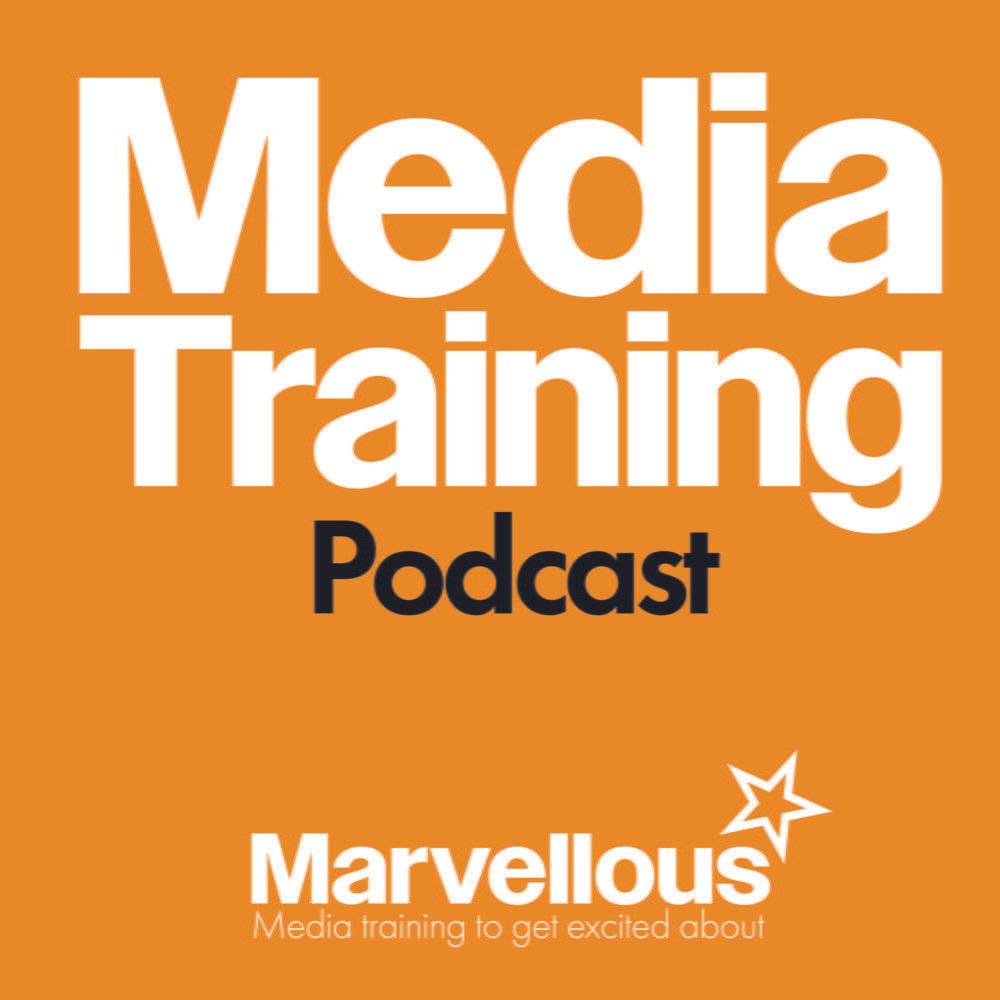
Media interview preparation checklist

How to create a founders’ origin story

How to answer hostile or negative questions from a journalist

How to be authentic in a media interview

Crisis Management: How to write a holding statement
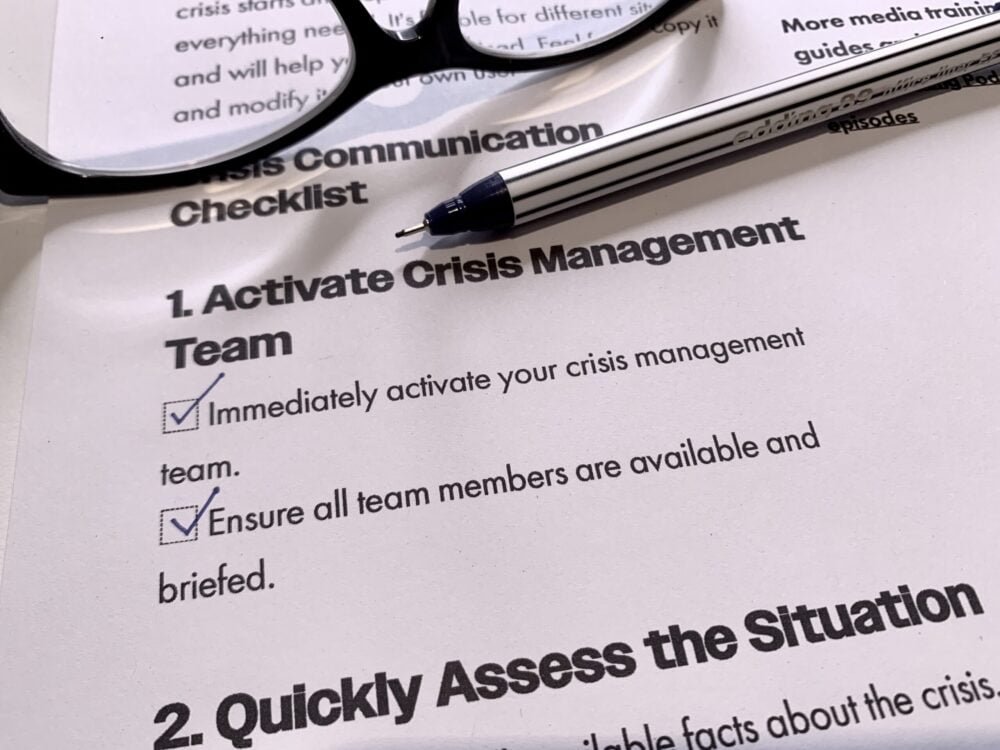
Crisis communications checklist

How to create a successful media soundbite
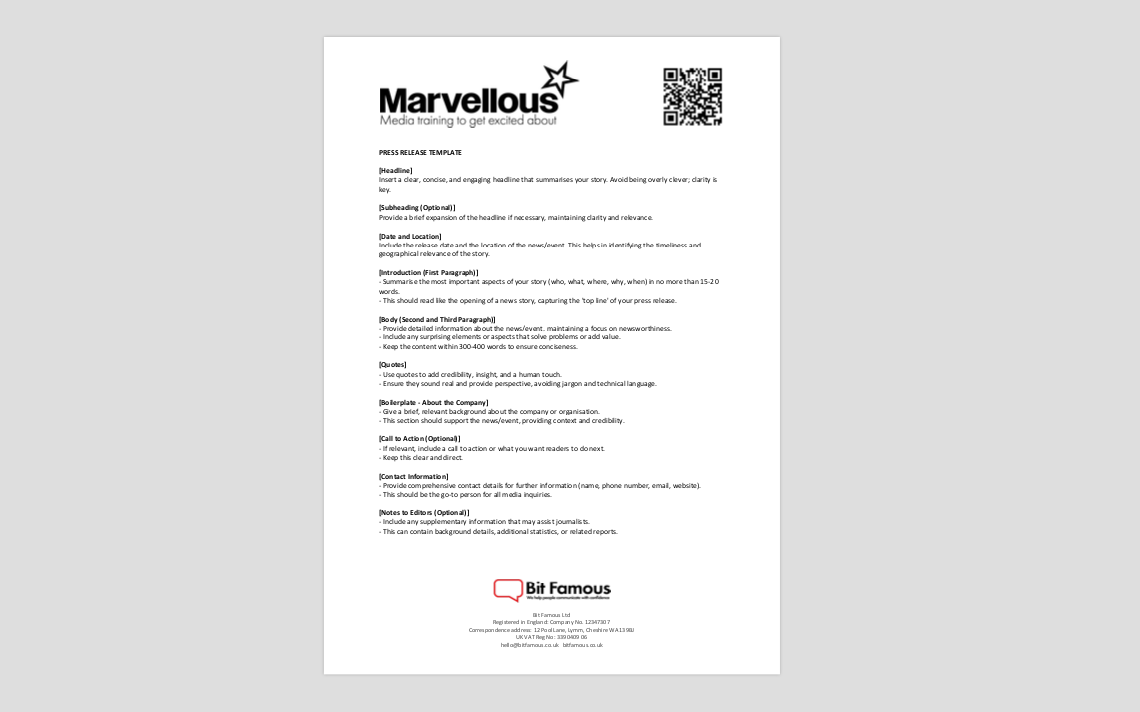
Free press release template (Word)
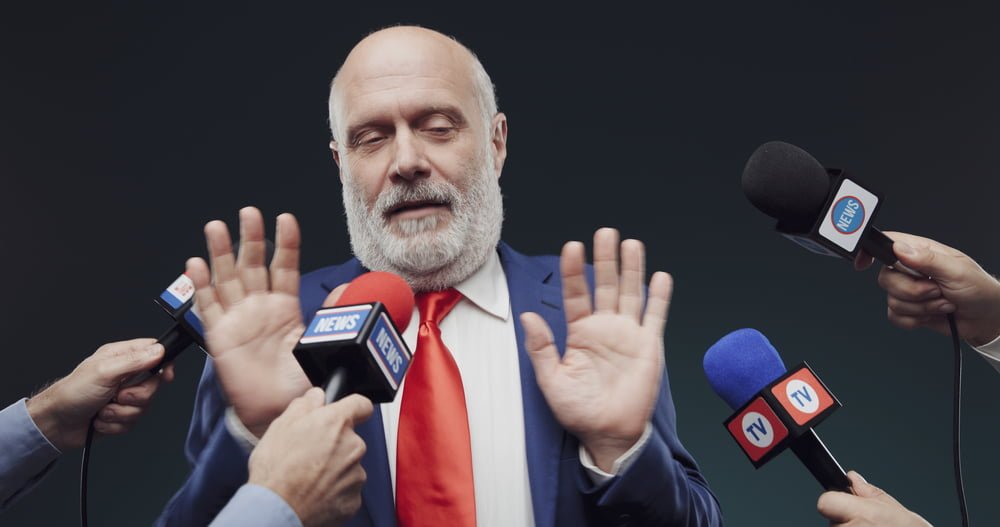
How do you handle a media question you don’t want to answer?

How to use #JournoRequest to get media attention for my business

How do I prepare for a TV interview online using Zoom, Teams or Skype?

How to appear on a business podcast

How to handle a difficult media interview
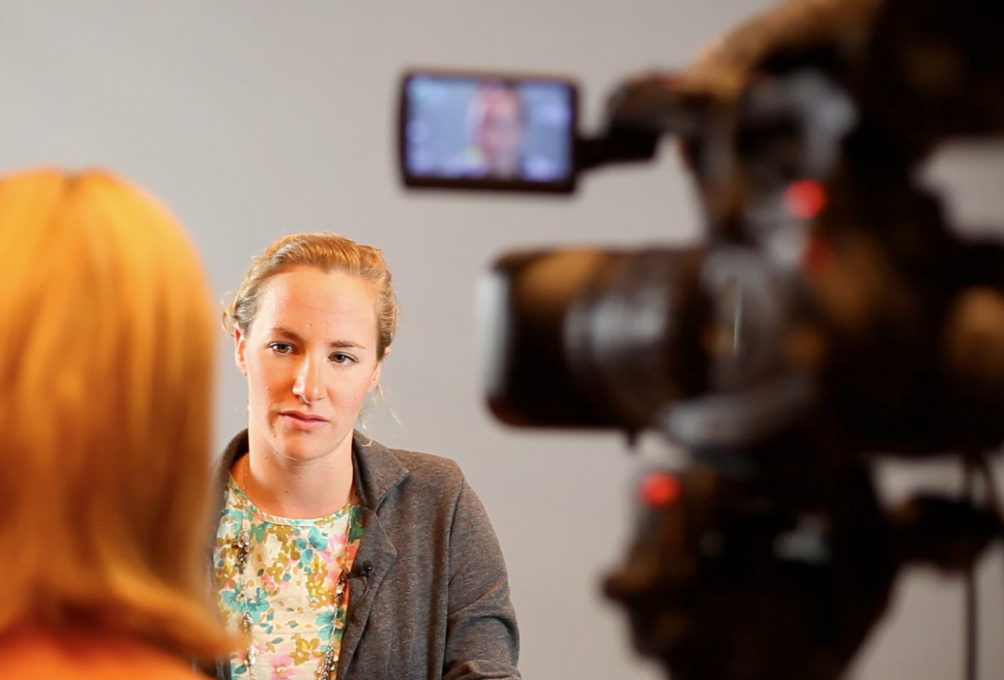
How to get featured in the media

How does the news work?
How can I develop a relationship with a journalist?


